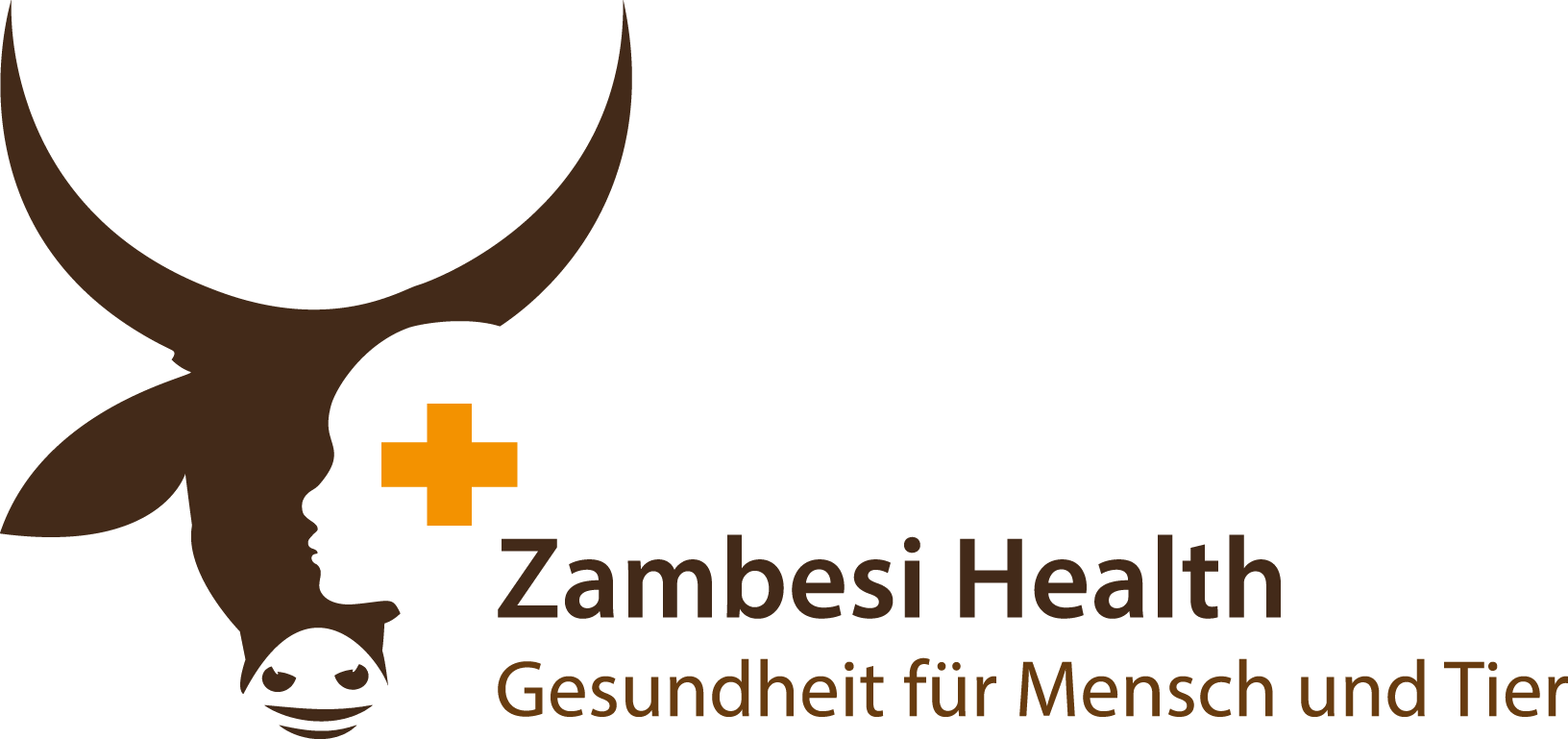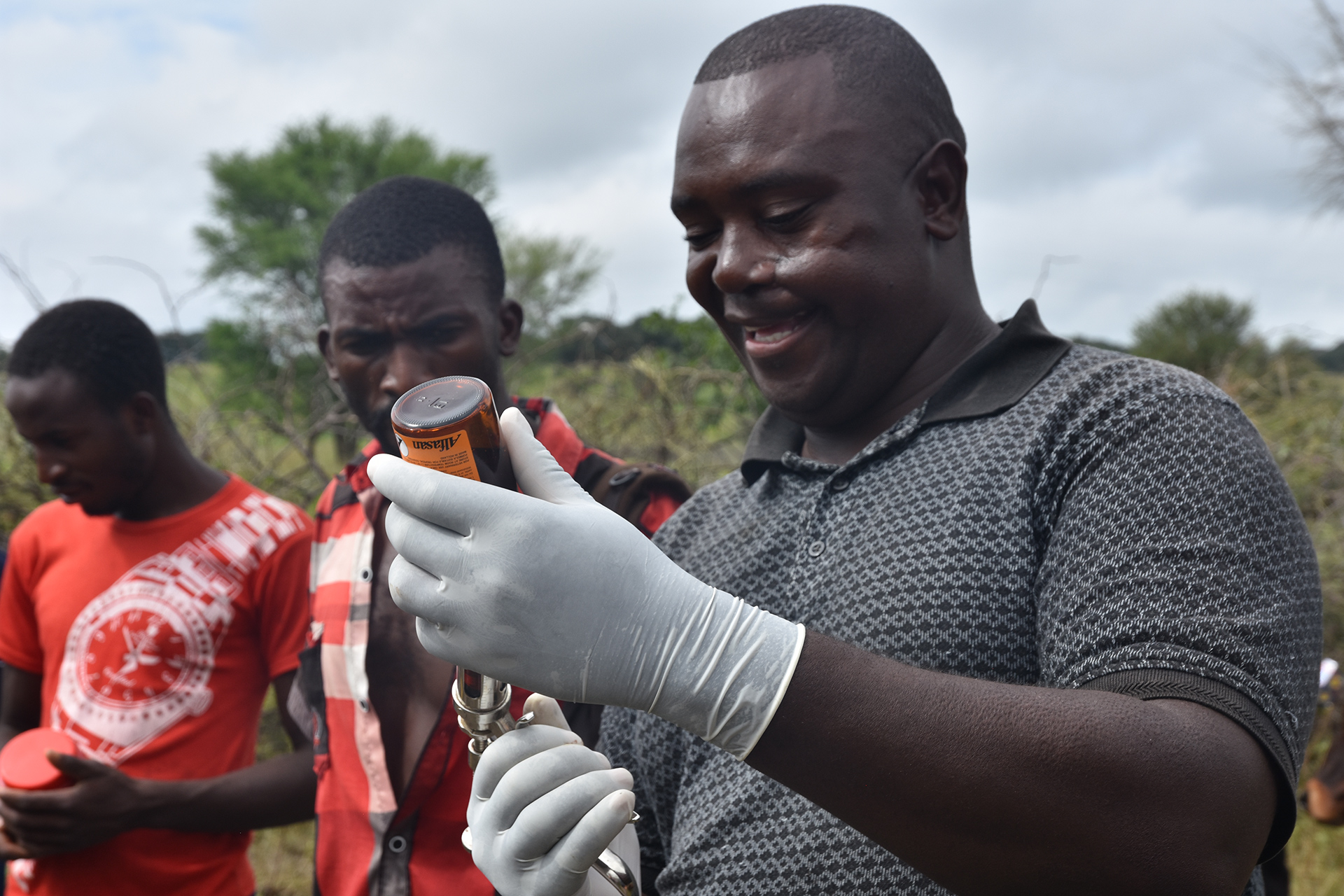Food – safe food – that doesn’t make you sick is something we take for granted. But in the Zambezi region of southern Zambia, the often malnourished children and adults frequently fall ill because they have eaten spoiled, infectious – i.e. unsafe – food. For example, salmonella infections, but also tuberculosis or brucellosis can be transmitted through food.
During our fact-finding trip in March 2017, it became clear that the supply of safe food will be one of the main focuses of our work. People were keen to find out more about nutrition-related diseases and how they are transmitted. This is because raw milk is often consumed – sometimes even directly from the animals’ udders, which is associated with a high risk of infection.
An important local food is sour milk. This can be produced effortlessly under the climatic conditions there. However, despite the acidic environment, it still carries the risk of transmitting diseases.
With this in mind, we prepared training material for local farmers on the topics of “general hygiene” and specifically “meat and milk hygiene”.
As part of our second trip in August 2017, we first held a full-day meeting with the local decision-makers and then a two-day workshop on food hygiene with lots of practical exercises. Here we discussed the transmission routes of tapeworms, liver flukes and many other zoonoses and worked together to develop solutions to contain them. In this context, we have also developed a hygiene brochure especially for children.
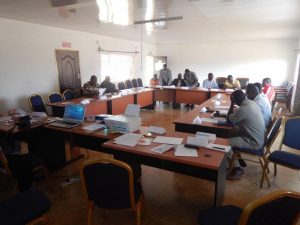

The practical exercises in the workshop included building tippy taps, which are wooden racks with water canisters for washing hands.
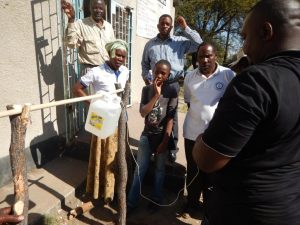
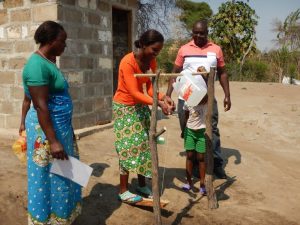
Another aspect related to the processing of raw milk into halloumi cheese. Cooking during production makes this cheese germ-free and therefore a tasty and safe food, and it can also be stored for a while without refrigeration. In this way, the theoretical knowledge acquired during the workshop could be tested in practice. At the same time, an economic alternative to the use of raw milk was demonstrated.
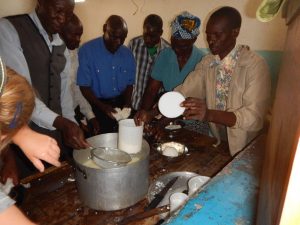
We were also able to reach an agreement with the management of the local farmers’ cooperative with the aim of improving hygiene standards in milk processing. To this end, we developed a hygiene concept for the dairy, hand in hand with those responsible there. The key points are that we provide assistance and financial support on the condition that the cooperative implements the concept. Every farmer in the cooperative who can prove that he has installed and uses a Tippy Tap on his milking parlor and has previously taken part in the practical exercise on milk hygiene is to receive a stainless steel milking bucket and a 25-liter sealable milk can from Zambesi Health. This can significantly reduce contamination of the milk during and after milking. A jug and a bucket cost around €110.
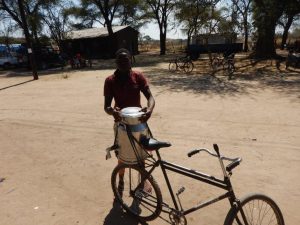
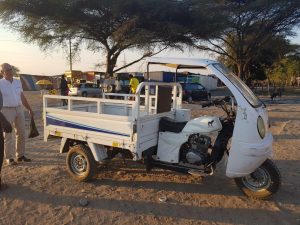
We will also support the local dairy in cooling, pasteurizing, bottling and transporting the milk. In the long term, the aim is to create a profitable food processing company that produces safe food – milk and cheese. Around €10,000 is required for the first tangible improvements.
We have a long way to go, but with their help we can reach our goal. Take part in our project and make a targeted donation to the milk hygiene project in Kazungula, Zambia.
